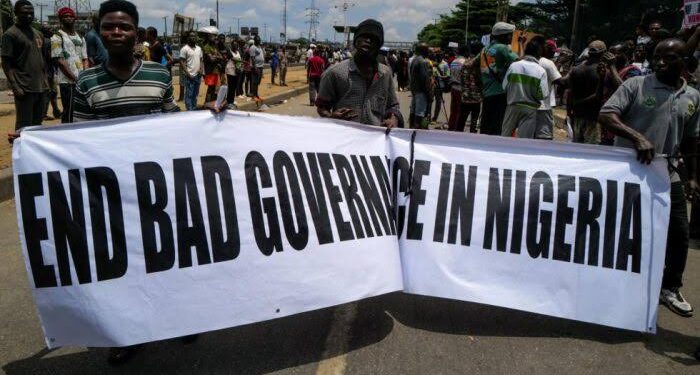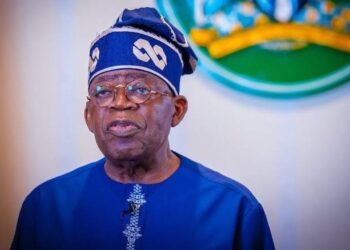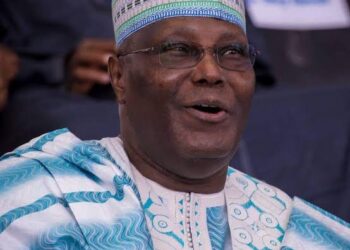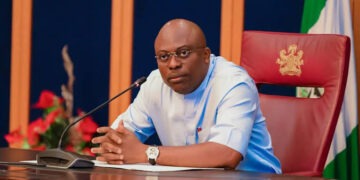Activist and political figure Omoyele Sowore has fiercely criticized President Bola Tinubu’s administration, deeming it a “sadistic government.” This condemnation comes in light of the government’s intention to arraign 75 protesters linked to the #EndBadGovernanceInNigeria movement, raising serious questions about civil rights and government accountability in the country.
The Federal Government is scheduled to bring charges against these protesters, many of whom are reportedly minors, before Justice Egwuatu at the Abuja Federal High Court on November 1, 2024. This forthcoming legal action has stirred great concern among civil rights’ activists and members of the public, who fear that it represents a dangerous escalation in the government’s crackdown on dissent.
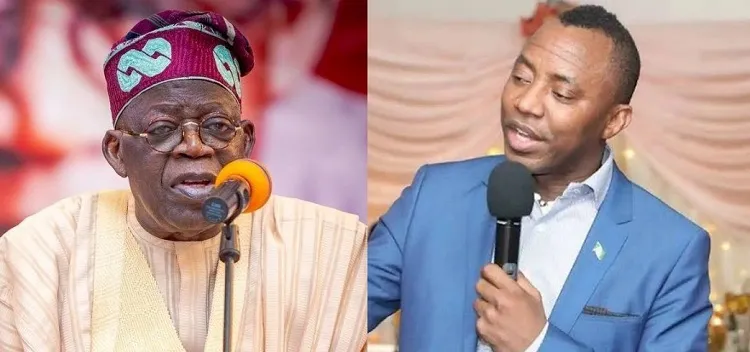
In a passionate post on the social media platform X, Sowore expressed his deep outrage regarding the situation. He stated, “The sadistic regime of @officialABAT is set to prosecute 75 individuals affiliated with the #EndBadGovernanceInNigeria movement on treason charges… Several of these individuals—several of them minors—have spent 80 days in unjust incarceration before the sham trial is to commence.” His words reflect a broader frustration with the handling of protests and dissent in Nigeria, particularly in a climate where the rights of individuals to express their discontent are increasingly under threat.
The #EndBadGovernanceInNigeria protests, which unfolded from August 1 to August 10, aimed to draw attention to the escalating hardships faced by ordinary Nigerians. Economic challenges, social injustices, and a pervasive sense of disenfranchisement have prompted citizens to speak out against what they perceive as ineffective and oppressive governance. However, these peaceful demonstrations took a violent turn when hoodlums infiltrated the movement, leading to clashes that resulted in significant vandalism and chaos. This unexpected violence not only overshadowed the protest’s original intentions but also provided the government with a justification for its subsequent actions against the demonstrators.
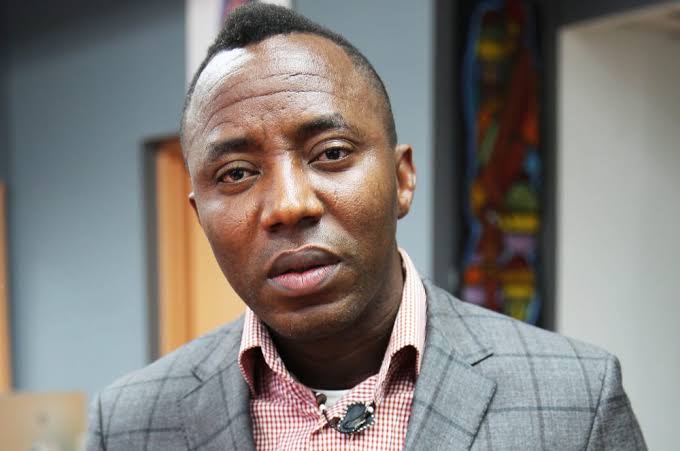
In the aftermath of the protests, security operatives took swift action, arresting numerous protesters under the guise of restoring order. Sowore has been vocal in asserting that these measures are indicative of a broader trend of repression aimed at silencing dissenting voices. He argues that the government’s willingness to label peaceful protesters as treasonous undermines the very foundation of democracy and civil liberties in Nigeria.
As the court date draws near, apprehension continues to mount regarding the implications of the government’s decision to pursue treason charges against individuals who were merely exercising their right to protest. Legal experts and human rights advocates are particularly worried about the precedent this could set for future demonstrations and the potential chilling effect on free speech. If the government succeeds in prosecuting these individuals under such severe charges, it could deter others from speaking out against injustices for fear of similar repercussions.
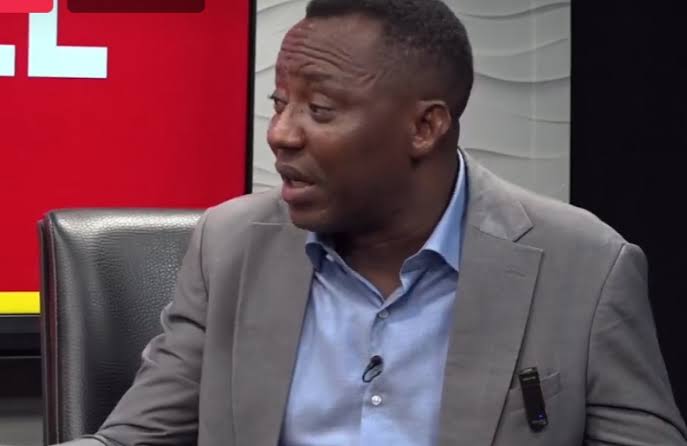
Critics of the Tinubu administration have voiced concerns that this approach not only targets the protesters but also reflects a broader strategy of intimidation aimed at stifling public discourse. The implications of such actions extend beyond the immediate circumstances, as they raise fundamental questions about the state of civil liberties in Nigeria. Many wonder if the country is veering towards an authoritarian regime where dissent is met with harsh penalties rather than dialogue and reform.
In light of these developments, the international community is closely watching Nigeria’s handling of this situation. Global human rights organizations have expressed their solidarity with the protesters and are calling for their immediate release. They argue that a government that punishes its citizens for exercising their rights to free speech and assembly is undermining its legitimacy and accountability to the people it serves.
As Nigerians brace themselves for the upcoming court proceedings, the question remains: will the Tinubu administration choose to engage with the grievances of its citizens constructively, or will it continue down a path of repression and criminalization of dissent? The outcome of this case may well serve as a critical indicator of Nigeria’s commitment to upholding democratic principles and the rule of law.


